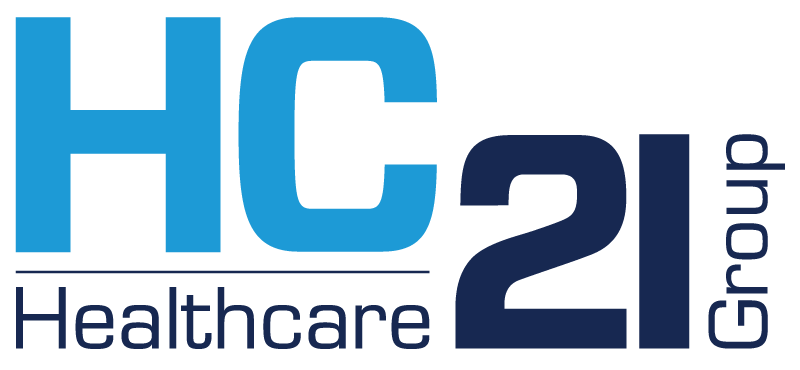Now that the UK is getting back on track after Covid-19, attention is very much on clearing a huge backlog of postponed surgeries and operations. Whilst this is true for most therapy areas, some have been impacted more severely than others.
If we take the orthopaedic sector as an example, research has shown that around 160 000 hip and knee replacements have been delayed as a direct consequence of Covid-19. Academics at Bristol University have gone a step further to suggest it could take 10 years for this backlog to clear[1]. Given most replacements are designed to last for around 15 years, there is an increasing likelihood that the current backlog will be exacerbated further by patients requiring another replacement amongst those having one for the first time.
Whilst these figures are open to interpretation and further discussions, it does raise a very important question: how prepared are supply chains for opening surgeries back up again?
An important lesson to come out of these past 18 months is that supply chains go beyond simply moving products from A to B. They are part of an intrinsic network from which hospital operatives make decisions governing the procedures taking place within its walls. By assessing how much unused stock is on the premises, suppliers and their respective customers have the means to prioritise which areas need greater investment to manage patient demand. This also means that decisions on resource allocation can be made locally, utilising the most accurate information, and swiftly.
Going in the other direction, a distributor’s relationship with a manufacturer is increasingly being seen as a crucial one in the former’s strategic objectives. A recent publication analysing the challenges Covid-19 may bring to the orthopaedic sector found that continuity of supply is still being seen as the main challenge to chains, an issue which has been around for far longer than the pandemic. What is perhaps more prevalent in today’s world is proactive communication between both sides, particularly when it comes to legislation.
In fact, nearly half of OEMs reported that this would be an area they required additional support in the post-Covid world, with nearly 14% stating they would need help from suppliers in understanding the challenges faced by surgeons and hospitals[2].
As we at HC21 have experienced first-hand, data is the key ingredient here. Making devices and equipment compliant with regulations such as the newly-implemented EU Medical Device Regulation (MDR) laws is one area where data is vital – under these new rules, initially postponed until May 2021 due to Covid-19, equipment must be audited and validated at all stages of supply, working all the way back to where it was originally manufactured.
Technological advancements now mean that real-time information can be shared between all sides of the supply chain, meaning resource is deployed in the areas where it will return the greatest value. Similarly, hospital chiefs in need of additional resources can be assured of where their equipment is in the supply chain, thereby facilitating better patient planning and assessment of local priorities, and safe in the knowledge that these devices have gone through the necessary quality assurance checks before even leaving the warehouse.
To answer our earlier question of whether the supply chains are prepared for the reopening of elective surgery, the infrastructure is unquestionably there in the form of technology and logistics. OEMs and suppliers need to maintain their relationships and collaborate together towards the shared goal of an efficient chain.
It is crucial, therefore, that these complications are addressed before they escalate into more serious (and indeed, costly) problems when surgeries begin again in earnest.
To read more about how we at HC21 can assist with maintaining efficiency within the European-medtech supply chain, download our guide below or contact our team.
[1] https://www.dailymail.co.uk/news/article-9756887/Over-160-000-Brits-left-agony-needing-joint-replacements-saw-surgery-delayed-Covid.html
[2] https://bonezonepub.com/2020/12/02/survey-orthopedic-supply-chain-faces-familiar-challenges-amidst-covid-complexities/

